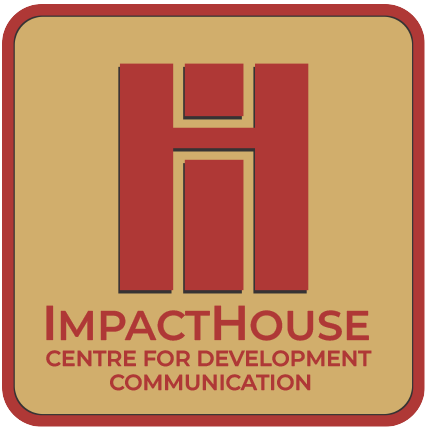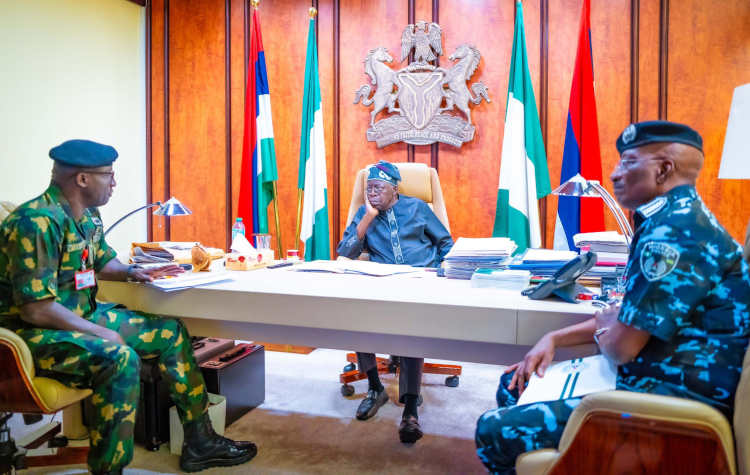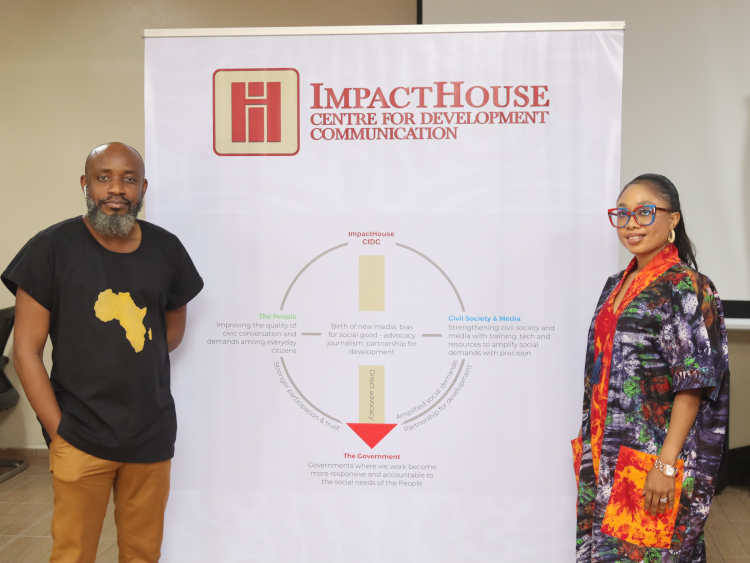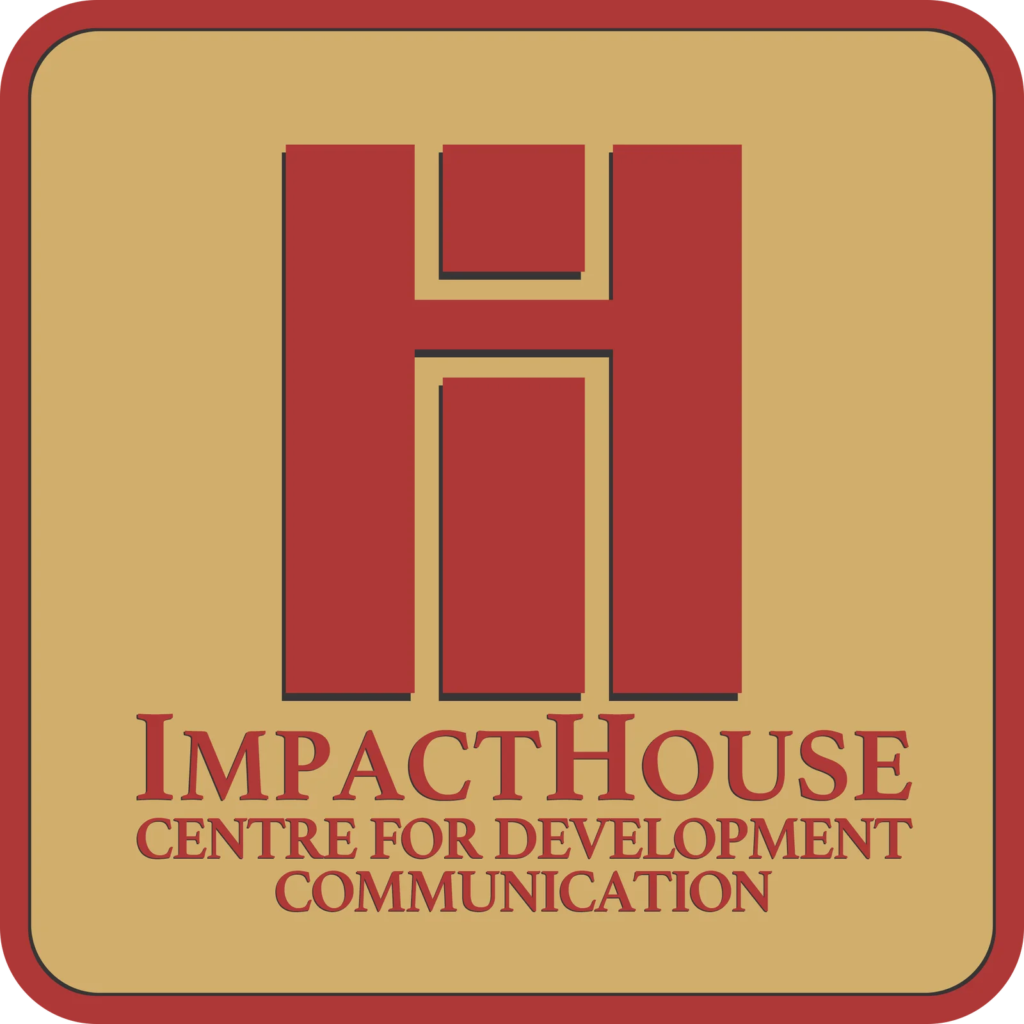Abuja, Nigeria – 12 June, 2025
As Nigeria commemorates June 12 Democracy Day, ImpactHouse Centre for Development Communication calls on President Bola Tinubu, state governors and other public servants and their spokespersons to uphold the democratic values of inclusion, constructive criticism, and civic respect.
More than three decades after the annulment of the June 12, 1993, elections, Democracy Day is both a celebration of hard-won liberties and a moment for sober reflection. Central to these liberties is the right of citizens to speak out, demand accountability, and engage government without fear of reprisal. However, recent trends undermine this democratic promise.
ImpactHouse has observed with concern a growing pattern of hostile, condescending, and combative communication from some public officials and government agencies, particularly on social media platforms. Citizens expressing legitimate concerns are frequently dismissed as ‘opposition’, ‘naysayers’, or ‘enemies of progress’.
One troubling example was President Tinubu’s recent statement urging the Minister of the Federal Capital Territory (FCT), Nyesom Wike, to ignore ‘busybodies and bystanders’ amid public criticism. While intended as support, such language risks undermining citizen participation, a fundamental pillar of any functional democracy.
History reminds us that democracies erode not just through coups, but also through the normalisation of contempt for dissent.
Over the past year, government-affiliated spokespersons have responded to public scrutiny with mockery, intimidation, or silence. In several documented cases, including the arrests of journalists and civic actors, the line between public service and public control has been worryingly blurred. This reality, compounded by the militarised response to peaceful protests and the dismissal of public commentary as ‘social media noise’, deepens the trust deficit between citizens and government.
It is instructive to note that the citizen questioning a poorly executed public project is not a busybody. The journalist investigating procurement irregularities is not a bystander. The activist demanding transparency is not an enemy of the state. They are all doing their civic duty. And if Nigeria’s democracy is to thrive, all arms of government must recognise that citizen participation is not a threat; it is the foundation on which democracy rests.
In this context, we urge President Tinubu to publicly clarify the recent ‘busybodies and bystanders’ comment to affirm that critical civic engagement is welcome, not unwanted. He should reassure Nigerians that their voices matter as much as their votes.
We also call on government officials and spokespersons to adopt a tone of respect and professionalism in all public communications and refrain from attacking citizens for raising questions or offering dissenting views. In fact, they should establish citizen feedback mechanisms that ensure grievances and suggestions are heard and addressed.
As we mark this Democracy Day, we must remember that democracy is a continuous process that requires mutual respect, active participation, and a willingness to listen. For Nigeria to move forward, both government and citizens must commit to open, respectful dialogue grounded in truth and shared responsibility.
###
Signed
John Andah,
Executive Director
For media enquiries, please contact:
Chinomso Momoh
Programmes Manager
About ImpactHouse
ImpactHouse is an Abuja-based nonprofit working to improve the quality of civic conversations among everyday citizens in Africa, to drive responsive and accountable governance. Our work spans critical areas such as civic participation and good governance, gender equity and justice, education and human rights, and media and civil society development.






